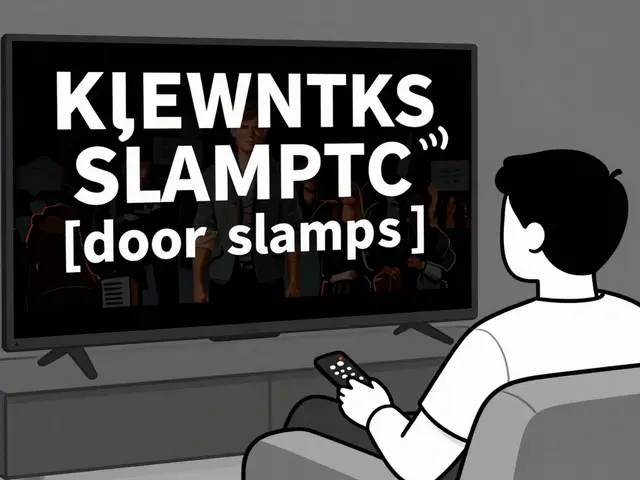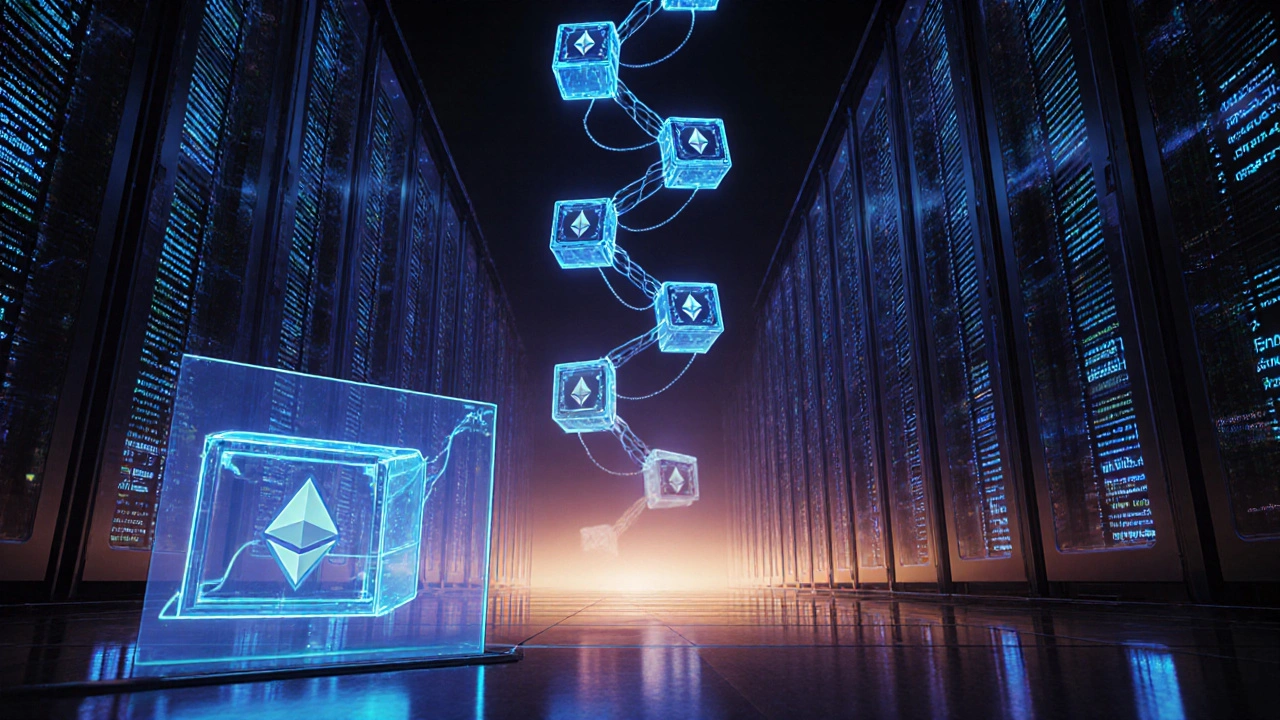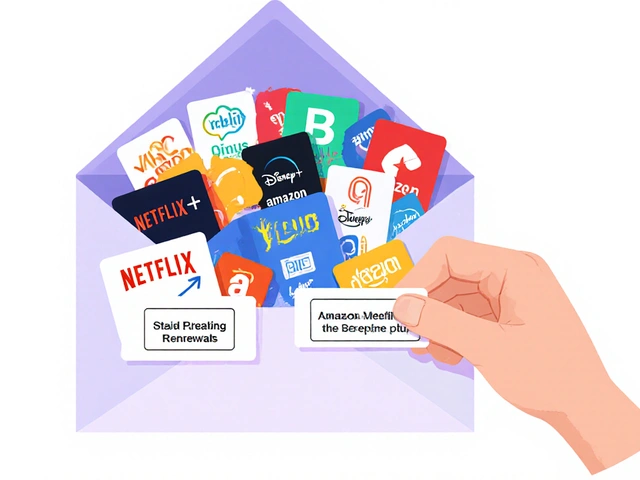Ethereum blockchain: what it is and why it matters
When working with Ethereum blockchain, a public, decentralized ledger that records transactions and runs code without a central authority. Also known as Ethereum, it powers a whole ecosystem of digital money, apps and services. Ethereum blockchain isn’t just a cryptocurrency; it’s a platform for smart contracts, self‑executing programs that automatically enforce agreements when preset conditions are met. Those contracts enable decentralized applications, software built on‑chain that runs without a single controlling server, giving users ownership of data and logic. In simple terms, Ethereum blockchain encompasses smart contracts, requires gas fees to run them, and lets decentralized applications operate securely.
Key concepts you’ll encounter
One of the biggest shifts coming is Ethereum 2.0, the set of upgrades that move the network from energy‑hungry proof‑of‑work to proof‑of‑stake, add shard chains and improve throughput. Ethereum 2.0 influences blockchain scaling by spreading the workload across multiple shards, which means faster transaction times and lower fees. While the upgrade rolls out, the network still relies on gas fees, tiny payments in Ether that compensate validators for processing and storing data. Validators replace miners, staking their Ether to secure the chain and earn rewards. This shift changes the economics of using the platform: developers now design dApps with gas efficiency in mind, and users watch gas price trends to time transactions.
Beyond the tech, the Ethereum blockchain community shapes the direction of finance, gaming and social media. Crypto enthusiasts use Ether as a digital store of value, while creators launch NFTs that prove ownership of art, music or virtual land. Enterprises experiment with supply‑chain tracking, voting systems and identity solutions, all built on smart contracts that automate trust. The network’s openness encourages open‑source tools, libraries and tutorials, so even newcomers can start building within weeks. Whether you’re a developer eyeing Solidity, an investor tracking price swings, or a marketer exploring token‑based campaigns, understanding these core entities—Ethereum blockchain, smart contracts, decentralized applications, Ethereum 2.0, and gas fees—will help you navigate the space confidently.
Below you’ll find a curated collection of articles that break down each of these pieces in detail. From crash‑market analysis to wallet security, from video‑editing guides to medical advice—our platform covers a wide range of topics, but the Ethereum‑focused posts dive deep into how the blockchain works, the role of smart contracts, and what the upcoming upgrades mean for users and developers. Keep reading to get practical tips, real‑world examples and actionable insights that you can apply right away.
26
Ethereum Blockchain Explained: What It Is, How It Works & Why It Matters
Learn what the Ethereum blockchain is, how it works, its key features like smart contracts, and why it matters for finance, gaming, and more.
Latest Posts
Popular Posts
-
 Accessibility Settings for Streaming: Captions, Audio Descriptions, and Remotes
Accessibility Settings for Streaming: Captions, Audio Descriptions, and Remotes
-
 Ethics of Subject Relationships in Documentary Filmmaking: Power, Consent, and Follow-Up
Ethics of Subject Relationships in Documentary Filmmaking: Power, Consent, and Follow-Up
-
 Villains in Action Cinema: Why Antagonists Define the Thrill
Villains in Action Cinema: Why Antagonists Define the Thrill
-
 Horror Soundtracks That Scare: From The Exorcist to Hereditary
Horror Soundtracks That Scare: From The Exorcist to Hereditary
-
 Netflix Recommended Internet Speeds: Official Requirements Explained
Netflix Recommended Internet Speeds: Official Requirements Explained
Categories
Tags
- streaming services
- video editing
- video production
- parental controls
- Max streaming
- video editing software
- marketing mix
- subscription management
- streaming apps
- video editing tips
- tips
- ROI
- video marketing
- video editing tools
- marketing strategy
- Premiere Pro
- family viewing
- classic cinema
- Kurosawa
- streaming setup



